If this page does not automatically redirect, please click this link.
Summer Hours of Operation
Monday 7:30 a.m. – 5:30 p.m.
Tuesday 7:30 a.m. – 5:30 p.m.
Wednesday 7:30 a.m. – 5:30 p.m.
Thursday 7:30 a.m. – 5:30 p.m.
Friday Closed
Saturday Closed
Sunday Closed


